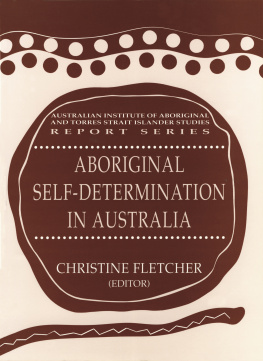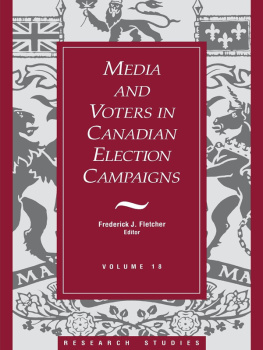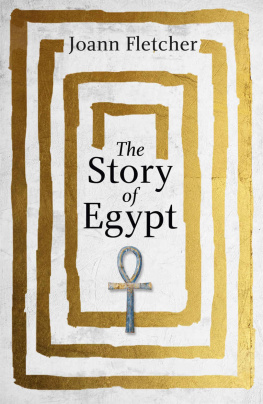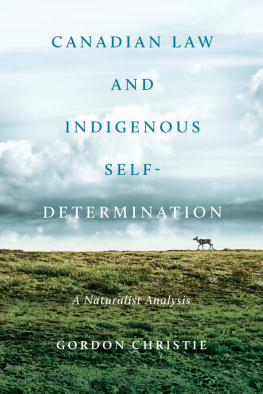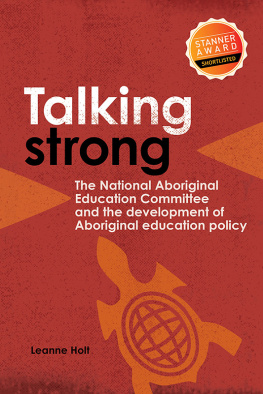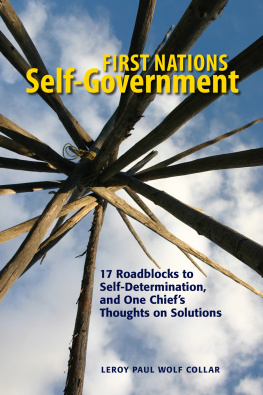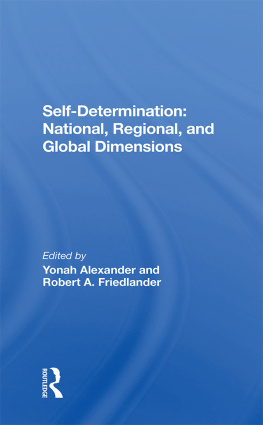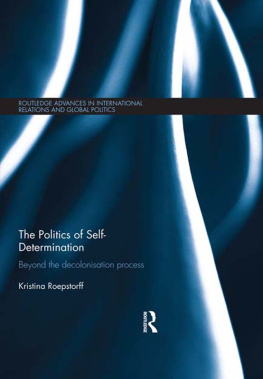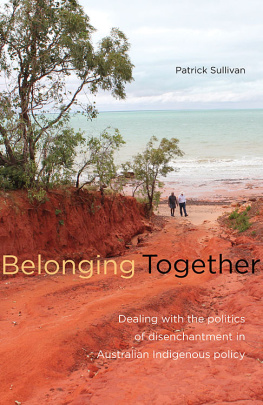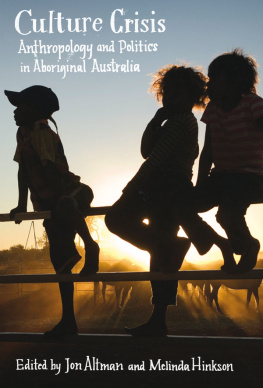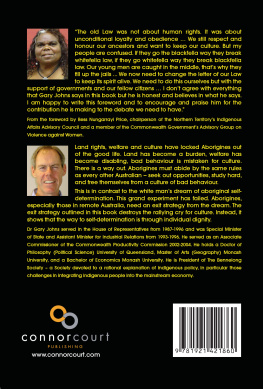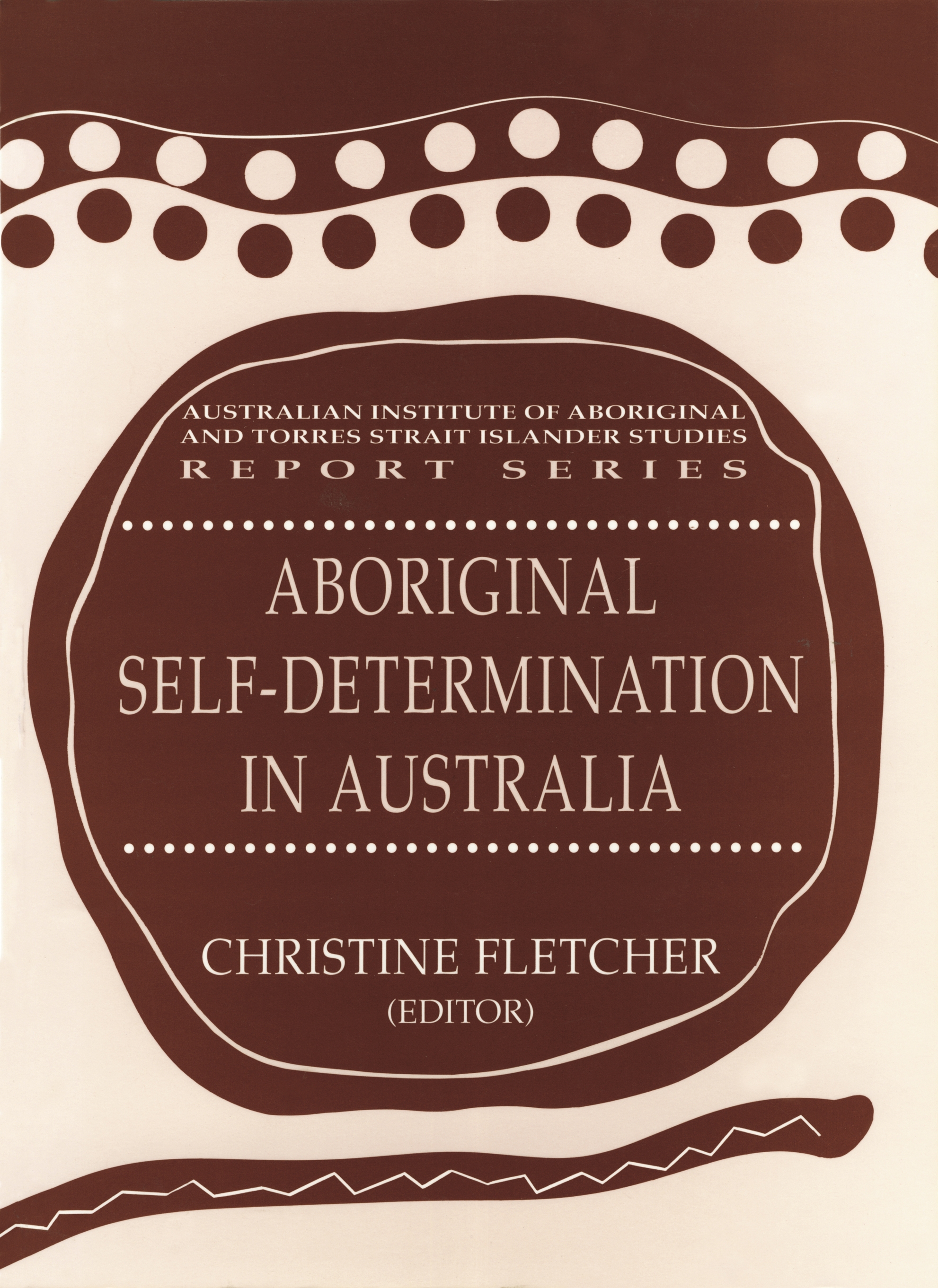RECONCILIATION OF ALL AUSTRALIANS: TOWARDS ABORIGINAL SELF-GOVERNMENT
Russell Mathews
In this paper, I discuss the role that a workable and equitable system of Aboriginal self-government might play in the task of national reconciliation.
I hardly need to point out that the debate that has erupted over the High Courts Mabo decision is not doing anything to achieve national reconciliation. Indeed, it is turning into one of the most divisive debates in Australian history. Yet there has been almost total neglect of the other issue that must be resolved, if the Aboriginal people are to end their dependence on the decisions of others and take responsibility for their own.
This is the need for some form of self-government, which will serve their social and economic aspirations, while helping them to preserve their cultural traditions and identities. To facilitate reconciliation, however, Aboriginal self-government must be compatible with the existing framework of government: it must be generally acceptable to the Aboriginal people, without being divisive in the wider Australian community.
The Mabo problem will not be solved by self-government. But there can be no reconciliation between Aboriginal and other Australians without negotiations on self-determination as well as on land rights. Recent history has shown that land rights by themselves do little to improve the living conditions of the Aboriginal people. Real progress towards self-government, on the other hand, could ease the tensions that have been generated by Mabo, and enable the Aboriginal people to work constructively with other Australians in solving their social and economic problems.
Two recent developments suggest a possible path towards self-government that will enable Aborigines to run their own affairs, within a framework of government and fiscal arrangements that is consistent with the Australian federal system. The first of these is the achievement of self-government, after lengthy negotiations, by the Inuit people (Eskimos) in northern Canada. The second, in Australia this time, is the attempt by the Aboriginal and Torres Strait Islander Commission (ATSIC) to involve the Commonwealth Grants Commission in the financing of Aboriginal services.
Two separate sets of negotiations have been taking place between Canadian governments and the Inuit, one in the Northwest Territories and the other in the Yukon. Agreement was reached in 1991 to hive off the eastern part of the Northwest Territories, covering a fifth of Canada but with a population of only some 20,000, to form a self-governing territory to be called Nunavut. Negotiations are still taking place, but it is expected that by the year 2000 Nunavut will be functioning with the same legislative, executive and judicial powers as the provinces.
Whereas Nunavut represents a geographical approach to self-government, the other Canadian response is essentially a blend of a citizenship and a geographical approach. The Inuit in the Yukon, about 7,500 in all, are geographically dispersed in 14 separate reserves. The 14 Inuit First Nations, as the Canadian Indians call themselves, have recently completed individual agreements with the federal and Yukon governments, which will give them the same powers and responsibilities as the Yukon government. In addition, however, they will have the power to grant a special kind of citizenship to Inuit people, including those living in other parts of the Yukon, and to provide some services to citizens in those other places.
The agreements with the Yukon First Nations take the form of land settlement agreements, self-government agreements and financial agreements. The land settlement agreements define the boundaries of the settlement areas, provide for the enrolment of citizens, and deal with various aspects of land tenure, land and resource management, taxation and resource revenues. They thus achieve this same purpose as legislation for the settlement of land claims in Australia, except that they go beyond that to deal with citizenship issues.
The self-government agreements establish the constitutional and legal status of the First Nations, and designate their legislative and financial powers. The financial agreements deal with the transfer of taxing powers from the Yukon government and grants arrangements with the federal government. The unconditional grants received by First Nations governments will enable them to provide services comparable to those in the Yukon, provided they impose comparable levels of taxation.
It is important to note that there is no element of separatism in the Canadian self-government arrangements. A key outcome of the agreements is that traditional decision-making structures are to be integrated with existing forms of Canadian government. First Nations citizens will remain full Canadian citizens.
It is worth asking why, if Canada has been able to make such progress toward aboriginal self-determination, Australia lags so far behind? It is not because Canada is ahead of Australia in other respects. The settlement of land claims has proceeded much further in Australia, despite Mabo. Representative bodies such as ATSIC and the land councils have emerged in Australia with the capacity to play an effective and constructive role in any negotiations leading to self-government. The Australian government is much more active in Aboriginal affairs than the federal government in Canada, and the Commonwealth can override state legislation through its 1975 Racial Discrimination Act. In financial terms, Australian governments are spending much more on Aboriginal services than Canadian governments. Moreover, Australia has a much more highly developed system of fiscal equalisation than Canada. The Commonwealth Grants Commission has been assessing the fiscal disabilities of Aborigines for some 15 years.
Despite these favourable conditions, there has been no serious attempt in Australia to match Canadas actions in fostering self-government for its indigenous people. One of the main reasons for this is the paternalistic and authoritarian approach that is adopted by governments and bureaucrats. Decisions affecting Aborigines continue to be made without involving them in negotiations or discussions. A second reason is the tendency for decisions to be left to the courts, following protracted legal processes, wild claims and counter claims, divisive rhetoric and political posturing. Mabo is only the latest example of this. The Aboriginal legal services as well as governments are responsible for the excessive legalism. By contrast, where the parties do get together to negotiate agreements, as in the case of many mining projects, mutually acceptable outcomes have usually followed.
Finally, there has been a tendency to believe that the problems of Aboriginal reconciliation can be solved merely by throwing money around. It should be clear by now that the high level of spending on Aboriginal services is not achieving living standards for Aborigines that are in any way comparable to those of other Australians. This is due partly to the way in which services are delivered, and partly to the failure of Aborigines to use the services effectively.
The lesson from both the Canadian and Australian experience is that steps towards Aboriginal self-government should take the form of political negotiations and should not depend on legalistic or bureaucratic solutions. The negotiations should be based on the principle that Aborigines have responsibilities as well as rights, just as other Australians have rights as well as responsibilities.

